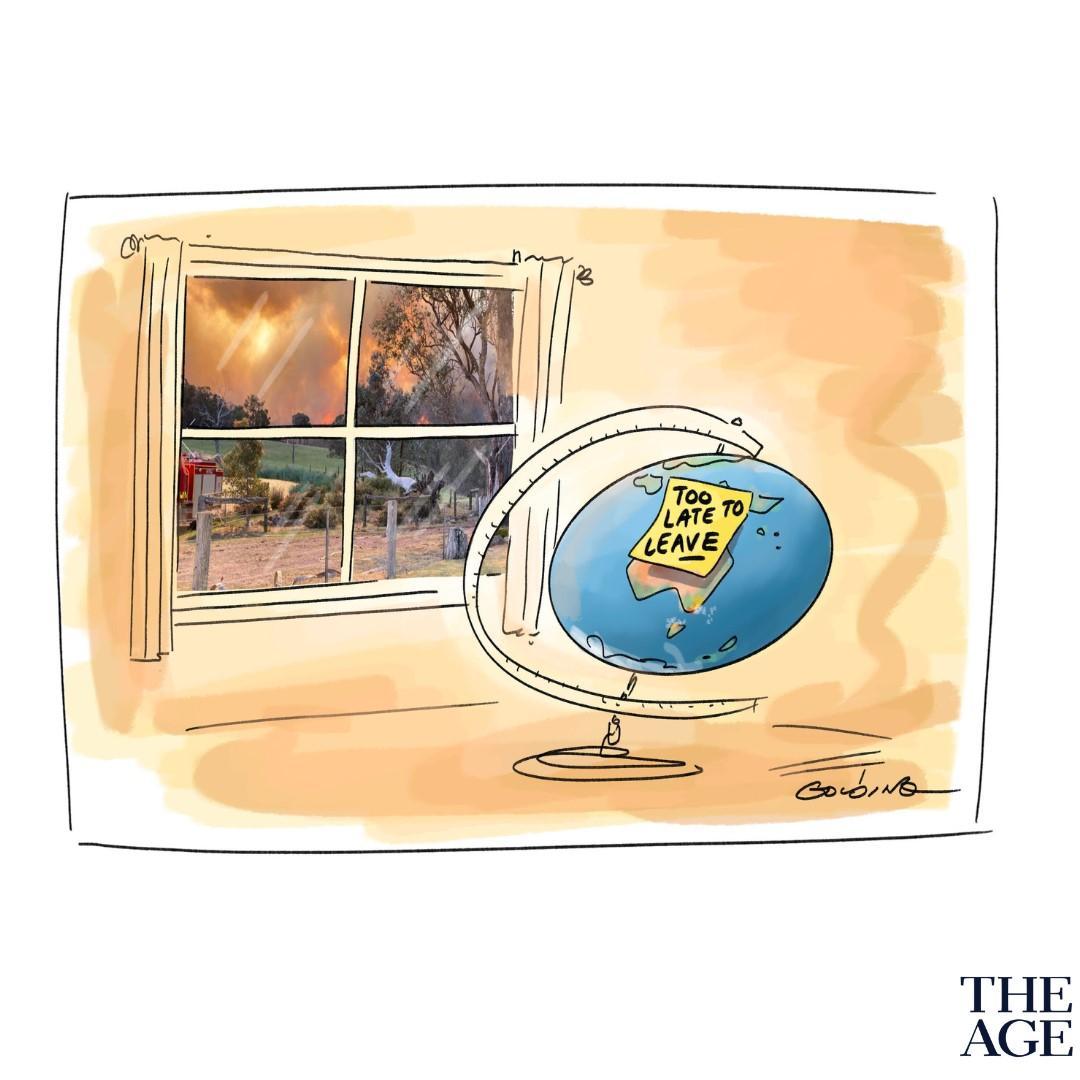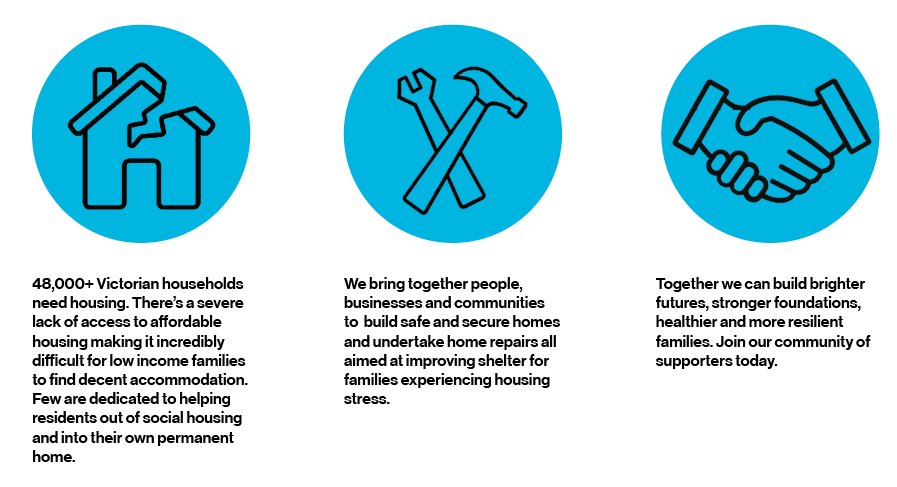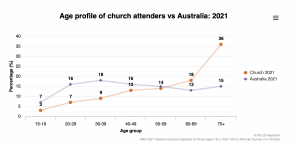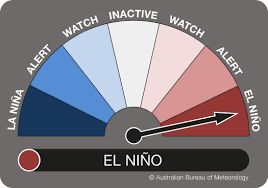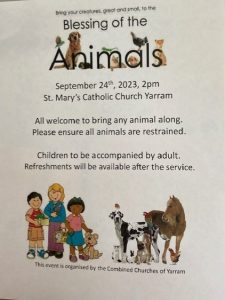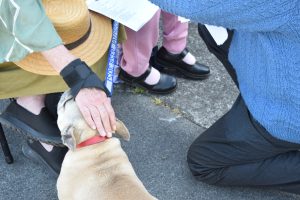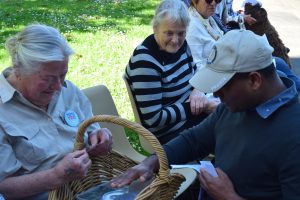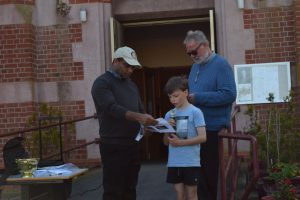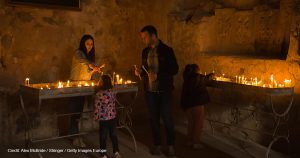
The Armenian Apostolic Church has declared a worldwide day of prayer for October 1.
Summary
Armenians have controlled Nagorno-Karabakh since 1994, after a three-year war resulted in the deaths of 30,000 people, displacing an additional 100,000 in mutual exchange between Armenia and Azerbaijan. Nagorno-Karabakh is internationally recognised as part of Azerbaijan but is populated mainly by ethnic Armenians who have run their own state there – the Republic of Artsakh – since the 1990s following the collapse of the Soviet Union. In December 2022, Azerbaijan began a blockade of the Lachin corridor, the only connection between Nagorno-Karabakh and Armenia. In February, the International Court of Justice in The Hague issued a binding order that Azerbaijan must immediately allow the unimpeded movement of people and goods along the corridor. Azerbaijan ignored this. During the summer, the situation worsened for the 120,000 residents of Nagorno-Karabakh, with acute shortages of food, petrol and medicine. Malnutrition was rife. The situation became so serious that several organisations warned of a possible genocide under Article II, (c) of the Genocide Convention: “Deliberately inflicting on the group conditions of life calculated to bring about its physical destruction in whole or in part.”
The bombardment on September 19 has finally driven the ethnic Armenian population from their homes. More here.
The Nagorno-Karabakh enclave is home to around 400 holy sites now at risk of erasure, some of these were desecrated or destroyed after Azerbaijani forces retook territory in and around the region during a 44-day war in 2020.
Update: 29th September
Karabakh Armenians dissolve breakaway government
Ethnic Armenians in Nagorno-Karabakh say they are dissolving the breakaway statelet they had defended for three decades, where ~ 85,000 people (75% of the population) have fled since Azerbaijan launched a lightning offensive on September 19th. One official stated that 99.9% of Artsakh’s Armenians will cross the border to Armenia, the world’s first Christian nation. In a statement, they said their self-declared Republic of Artsakh would “cease to exist” by January 1 in what amounted to a formal capitulation to Azerbaijan. More here.
As a result of the Azerbaijani attack on the Armenians of Nagorno-Karabakh on September 19 and the forced exodus that followed it, this region will soon be empty of ethnic Armenians – for the first time in more than two millennia. Armenia’s Apostolic Church is distinct from both Orthodoxy and Catholicism, and is closely related to the Ethiopian and Egyptian Coptic churches. It is central to the identity of Armenia, with its many historic monastery complexes.
****
27th September
There is grave concern about the unfolding crisis in Azerbaijan, with thousands of Armenian refugees fleeing their ancestral homeland over fears of ethnic cleansing. Until last week, Armenians in the region claimed self-sovereignty under the auspices of the “Republic of Artsakh.”
The contention is over Nagorno-Karabakh, an ethnically Armenian region within the borders of Azerbaijan (between Russia, Turkey, and Iran). For decades, the local population (ethnic Armenians) has wanted to become part of the nearby nation of Armenia, a request that’s been forcibly denied by Azerbaijan, with ethnic killings on both sides.
In recent times there’s been an uneasy truce maintained by Russian peacekeepers, but since the end of last year, Russia has pulled back and Azerbaijani troops blockaded the region, causing food and medicine shortages.
Then, a week ago, those troops stormed Nagorno-Karabakh, with Azerbaijan’s President Ilham Aliyev claiming to have restored Azerbaijani sovereignty “with an iron fist”.
There have been reports of deadly explosions in the area. Ethnic Armenians are fleeing to find safety. (adapted from The Squiz)
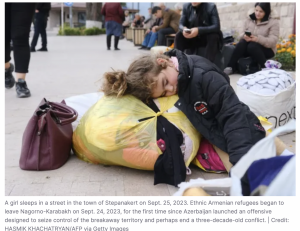
See also this article, posted September 25, 2023 by Catholic News Agency.
A prayer for Armenians in the conflict zone
Blessed are you, O Lord who dwells in the heights, and blessed is the glory of your greatness.
As we have in the past, we come to you in a supremely difficult time for our nation. With broken hearts and tears filling our eyes, we are united in grief over the loss of our ancestral holy lands of Artsakh. We are forced to leave behind our sacred temples of worship, and silence our joyful prayers within our glorious churches.
In this state of unbearable pain, we appeal to you, O Lord, to hasten to our aid in your divine mercy and love. Dispel our deep sorrow; heal our wounded spirits; pull us back from the error of hopelessness and despair. Grant us the humility and wisdom to accept the things we can no longer change; and give us courage to effect needful change where we still can.
Lord, today we are overwhelmed by the sense of loss and tragedy that has come upon us. But we know that you are always near to the brokenhearted, and you rescue those who are crushed in spirit [cf. Psl. 34:18 2]. We trust that all things are possible through you [cf. Philip. 4:13 3]. Help us realize that even when matters lie beyond our understanding, you still know the plans you have for us – plans to help us prosper and not come to harm; plans to give us hope for the future [cf. Jer. 29:11]. We cast our anxiety to you, lean not on our mortal understanding, and trust in you with all our heart [cf. Prov. 3:5]. For we have faith that in all things, you work for the good of all who love and honour you [cf. Rom. 8:28].
We are humble, Lord, and you are our glory; your very name is wondrous, triumphant, and holy. Surrounded by the great cloud of our newly martyred witnesses to you, we praise you along with the Father and the Holy Spirit, now and always, and unto the ages and ages. Amen.
(Source: Armenian Church)
Slow and Silent Genocide: Please Pray for Artsakh’s Endangered Armenian Christians
From an article by Lela Gilbert
After the demise of the Soviet Union, Artsakh’s Christians voted to secede from neighbouring Azerbaijan and to unite with Armenia. As with many such disputes in today’s world, there is a religious component. The Armenian Christians chose to be independent of the Muslim, Turkish-oriented Azerbaijanis. Unsurprisingly, the horrific memory of the Armenian genocide in the early 20th century is never far from their minds. Meanwhile, the enclave is surrounded by Azeri Muslims, some of whom are radically opposed to Christian believers.
Only one roadway, the Lachin Corridor, provides a highway to and from Artsakh and Armenia. And for the past several months that road has been blockaded by the Azeris, cutting off the delivery of all provisions to Karabakh, including food, medication, and emergency services.
In the early 1990s, the dispute over this territory turned violent and deadly. A ceasefire was signed in 1994. However, in the early 2010s, the peace agreement began to fall apart. In the spring of 2016, there was a four-day conflict, which led to many casualties. Since 2020, violence has continued.
Today, the Christians in Artsakh are in dire straits. The Lachin Corridor, the sole roadway connecting Artsakh with the most basic necessities, has been blocked for several months, gradually leaving the Christian community without food, medication, electricity, and other basic provisions. And unless international intervention takes place, some 120,000 Christians may either find it necessary to flee their beloved homeland or lose their lives to starvation, violence, or disease.
The International Court of Justice has ordered Azerbaijan to lift the blockade, which is widely condemned by human rights groups, including the United Nations and the International Red Cross. In 2021, French President Emmanual Macron declared, “Azerbaijani armed forces have crossed into Armenian territory. They must withdraw immediately. I say again to the Armenian people: France stands with you in solidarity and will continue to do so.” Yet Azerbaijan continues to resist.
In February 2023, Reuters reported:
“The World Court ordered Azerbaijan on Wednesday to ensure free movement through the Lachin corridor to and from the disputed region of Nagorno-Karabakh, as an intermediate step in ongoing legal disputes with neighbouring Armenia. The Lachin corridor, the only land route giving Armenia direct access to Nagorno-Karabakh, has been blocked since Dec. 12, when protesters claiming to be environmental activists stopped traffic by setting up tents …”
But such protests have fallen on deaf ears in Azerbaijan. In fact, the situation has deteriorated even further. In July, Azeri President Ilham Aliyev declared that Azerbaijan would “return more than 150,000 people to the Karabakh and East Zangezur regions” over the next three years. According to Aliyev, “the return of 140,000 people is envisioned by 2026 in the Karabakh region alone.”
The Armenians of Nagorno-Karabakh will be expected to surrender their international right to self-determination. They will be forced, against their will, to become citizens of Azerbaijan — an anti-Armenian authoritarian regime, with an awful track record of human rights violations. Local people are terrified that the deal will be signed over their heads.
Today, the disturbing story of Artsakh’s endangered Christians continues to unfold. Those Christians who have chosen to remain in their homeland have run out of food and medication. For months, the only way of escape has been the Lachin Corridor, which is barricaded by Azerbaijan. No matter how many times world leaders call for the Azeris to withdraw from the Christian enclave, nothing changes, and the deaths continuously rise.
Let’s remember the little enclave of Artsakh, where a few thousand struggling Christians are holding on to their faith, their hope, and their very lives. Please remember the Armenian Church in your prayers.
